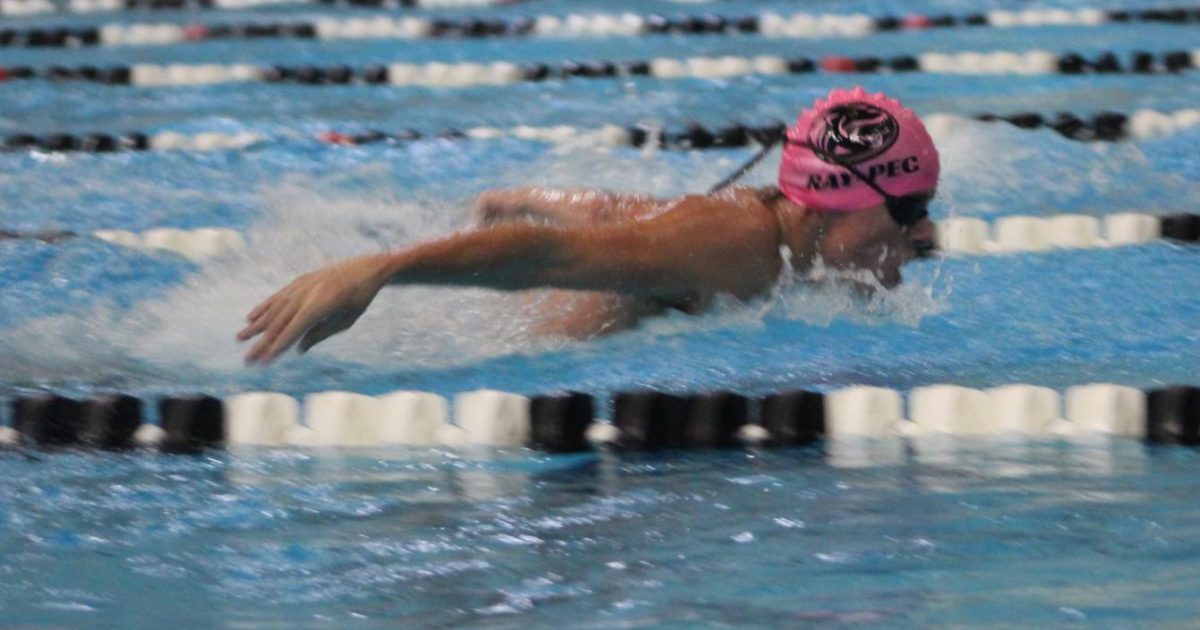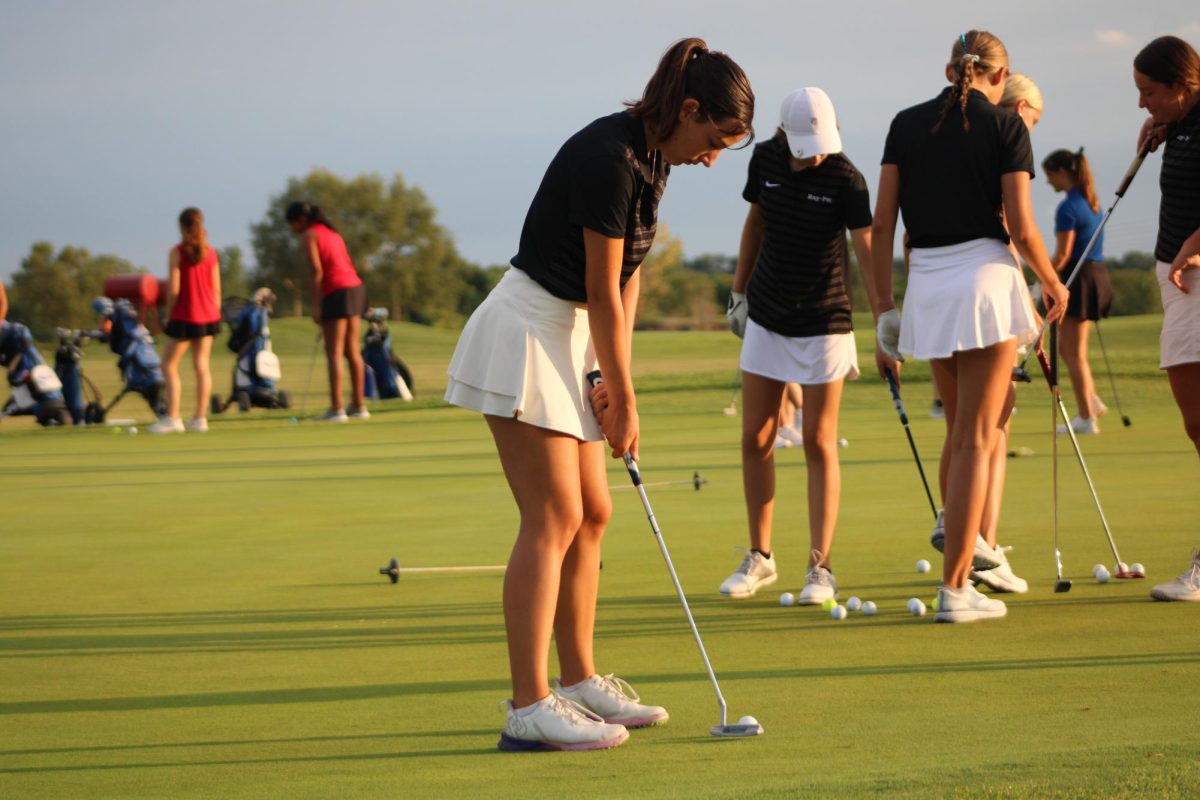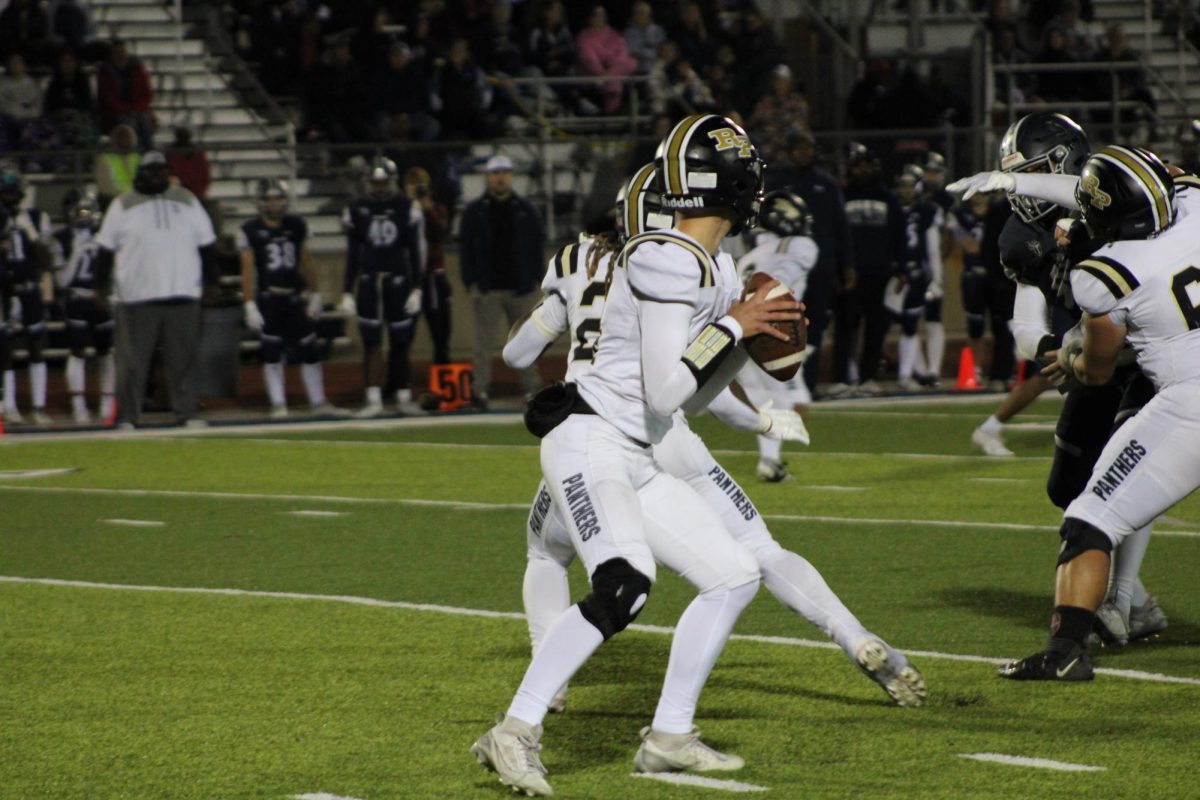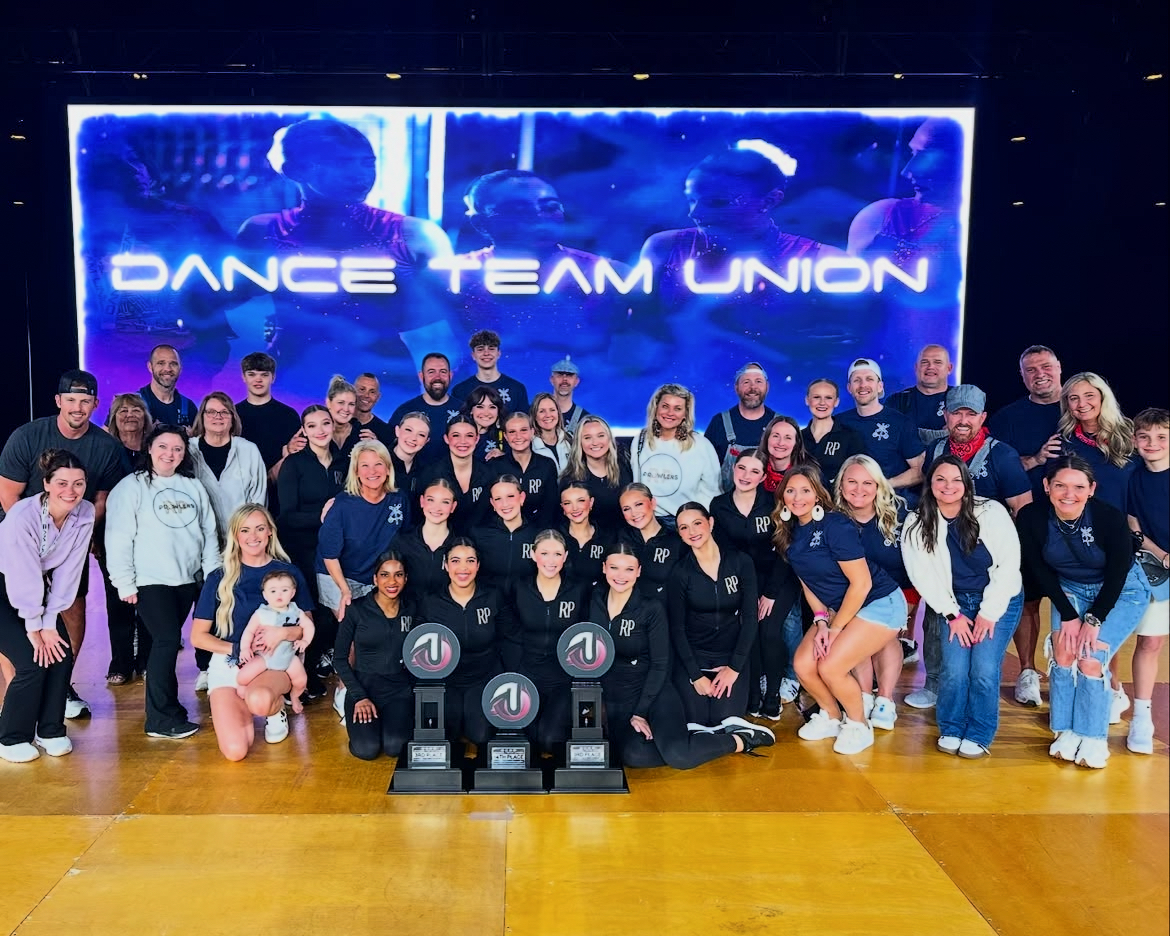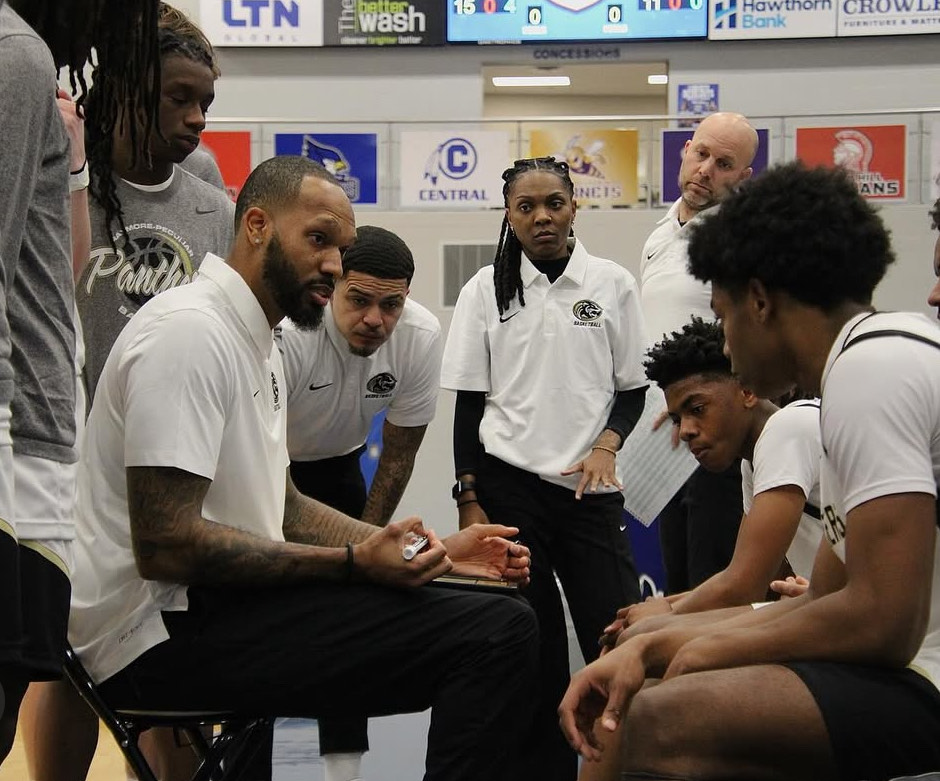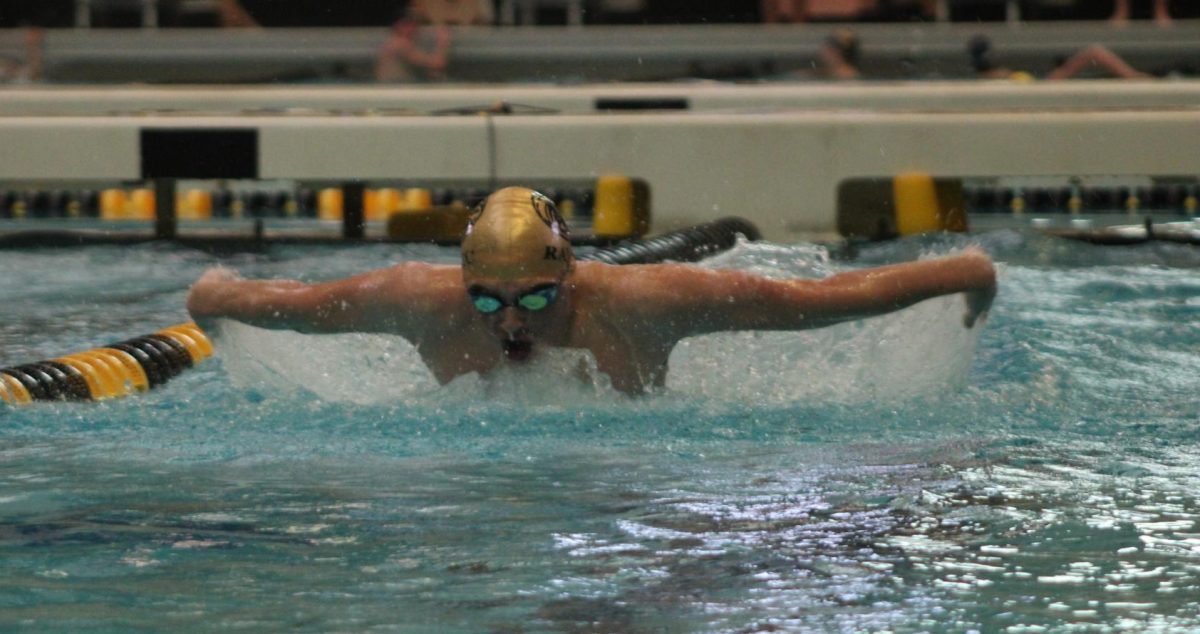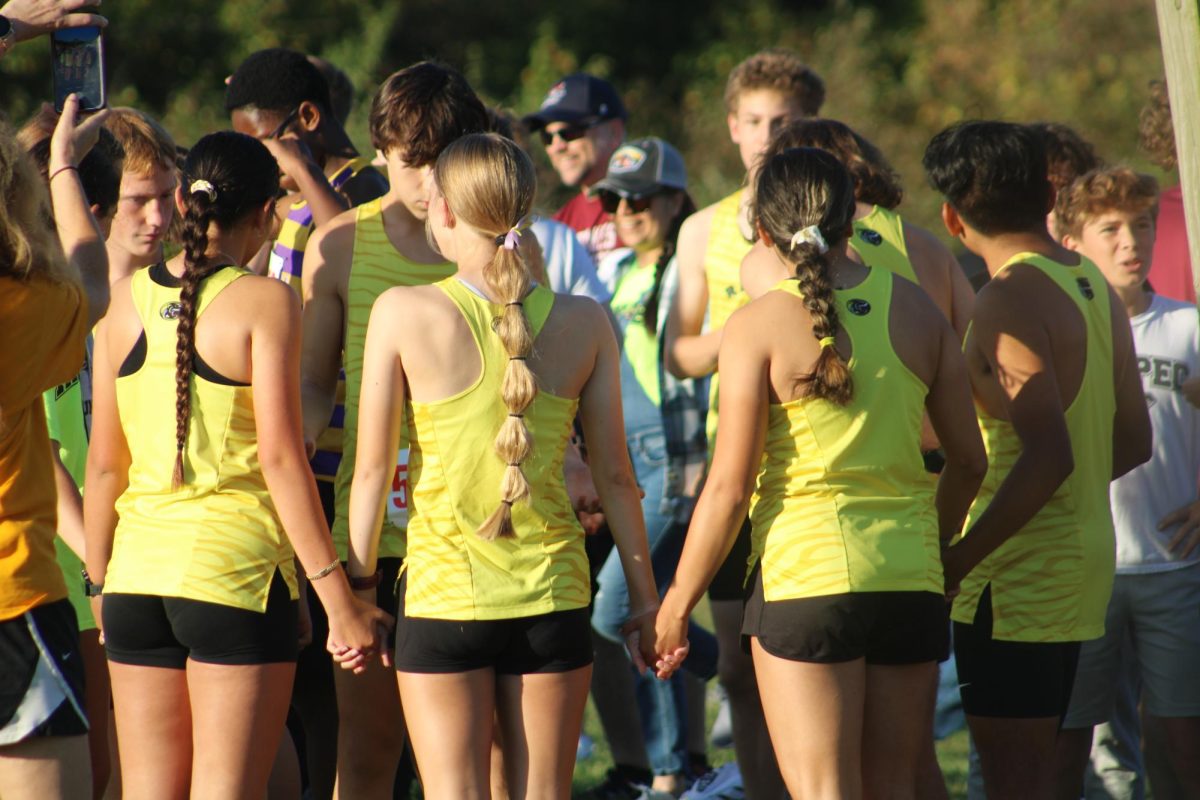You have seen the incredible plays, the fight to play the game, the strength and talent athletes show when playing. But what really is going on behind the scenes with athletes and what are they thinking or feeling? There is a wide variety of sports and activities with a surplus of athletes. Through these sports, there is personal struggles for the athletes, and each athlete has a complex mindset.
Lessons can be learned through sports and people may change perspectives on life as a whole.
Sophomore Brenen Birdsell, who is on the school’s swim and dive team, speaks on how he has been changed personally by swimming.
“I’ve built a lot more discipline for myself and I feel like I try 100% at everything I do,” said Birdsell.
Some athletes have picked out a difference they’ve noticed between them as a person and them as an athlete. Senior Becky Philips, who participates in tennis, swim and dive, as well as track and field provides this unique perspective.
“Me as an athlete, I am more serious and locked in. But, me as a person, I am usually goofy and less serious,” stated Philips.
Sophomore Liam Nissen, who is on the cross country and tennis team also notices a difference.
“As a person, I’m a really nice, kind-hearted, sweet kid. But in sports, I can be mean and aggressive with it,” said Nissen.
The friendships built off of the sports that are played are unexchangeable. Many athletes agree that the best of friendships can be the product of a sport. Junior Julia Cox, who is involved with the school’s cheer team is one of those athletes who agrees that sports open up individuals to new relationships.
“Friendships can definitely be built from sports. I have good connections with the people I cheer with and am even closer with the people I cheer and dance with. This year for camp I roomed with seniors, I really enjoyed hanging out with my roommates. Since they’re all seniors, I would not have met all of them and built our friendships without cheer,” said Cox.
Cox also speaks on how cheering and dancing, has given her personal characteristic advantages. Sports can carry onto personal life in school and at home, and Cox talks about these advantages her sport has given her.
“Yes, definitely. Being an athlete has made me a better student and person. Stunting takes a lot of teamwork and communication, becoming a better cheerleader has made me better at communicating with people. Cheer has also developed my ability to both take criticism from others and critique myself in order to improve in cheer and life,” said Cox.
Athletes can be changed through their sport personally and be more quick to problem- solve. Sports can allow for strengthening opportunities, both physically and mentally. Nissen also speaks on how his sport has changed him physically.
“It helps me do everyday things that are physical,” said Nissen.
One of the most valuable lessons a sport can teach its athletes is a lesson on themselves. The sports one participates in challenges them and eventually changes them and these athletes come out a different side, typically for the better. Philips shares her experience on how the sports she plays has changed her.
“I’ve learned that I can lock in on something and be more devoted to something if I put my mind to it,” said Philips.
The mind of a person is always changing. Being an athlete can expedite that thought process even more. The struggles of being an athlete can be draining for a person but athletes have overcame and persevered through the challenges. The work put into the sports and watching it pay off is the most satisfying thing an athlete can witness. It should be remembered that behind every athlete, there is still a person.


